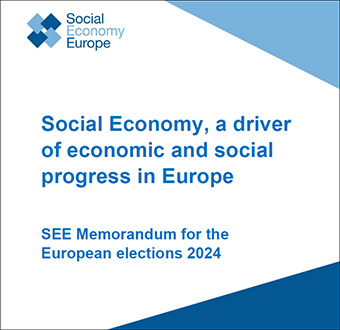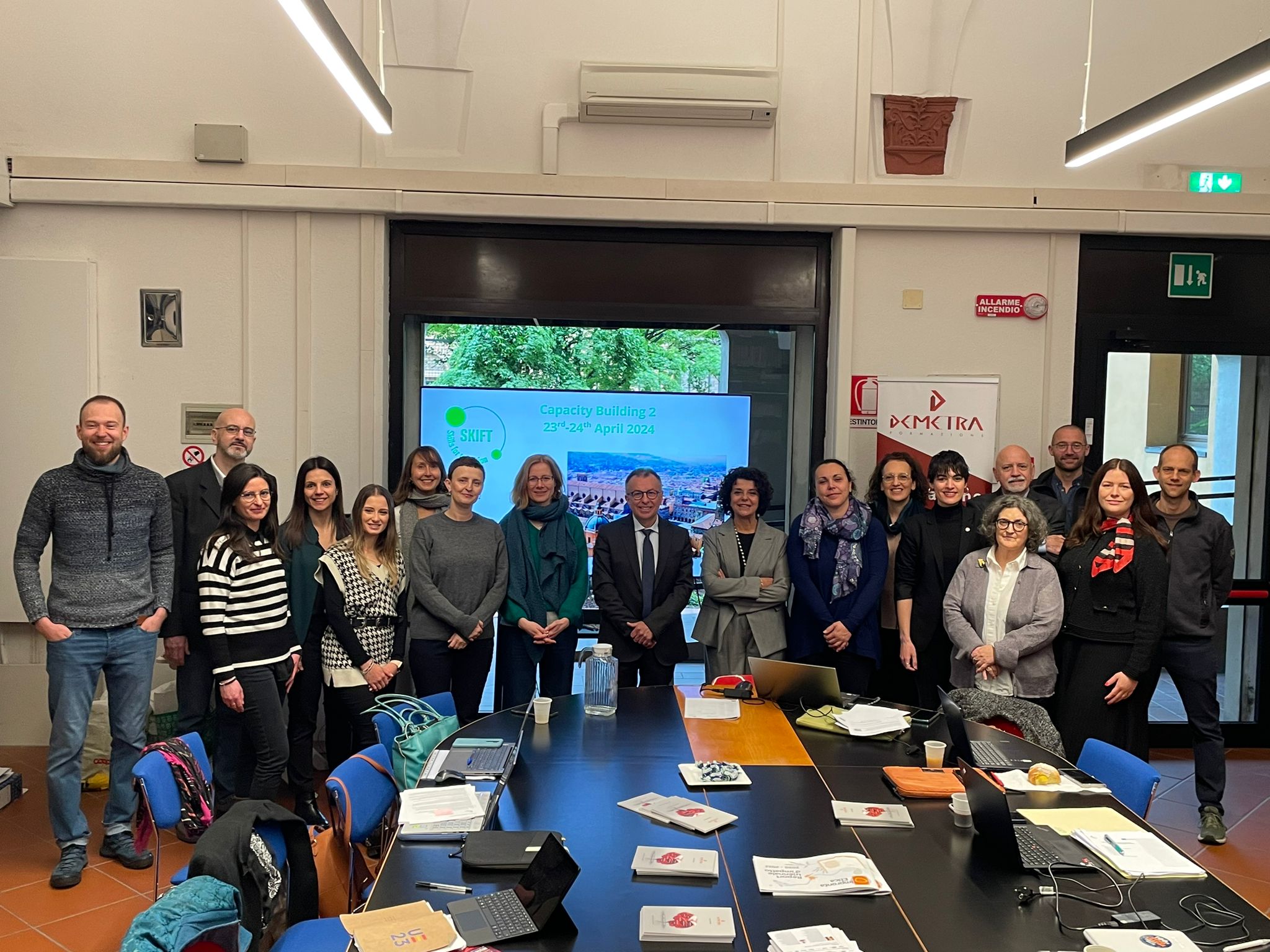[:en]
The role of Social economy as an important instrument to pursue the objectives defined in the European Structural and investment Funds regulation (e.g. in terms of more and better jobs’ creation and social inclusion) is widely recognised in Europe.
The basic values of Social economy and its objectives, which consist in sharing resources for common benefit, mutualisation and solidarity, show the consistence and appropriateness of social economy/public authorities-based partnerships in order to fulfil the objective of cohesion enshrined in Art. 174 of the Lisbon Treaty. Nevertheless, nothing would (have) be(en) possible without the European Social Fund or the European Regional Development Fund.
This is why, yesterday’s EPSEIG public hearing on the “60th Anniversary of the Treaty of Rome: social economy’s contribution to economic, social and territorial cohesion in Europe” has represented once more the occasion for REVES to recall the attention on two major current issues:
- the necessity for investment instruments to complement, rather than take the place of, European Structural and Investment Funds, in order to boost social cohesion;
- to counter the current tendency to recentralize the definition of policy as well as the management of financial instruments (e.g. ESIF), from the programming to the concrete delivery phase. Indeed, Structural funds have been so far showing what the EU is concretely doing for citizens at national, regional and local level, and are powerful instruments to support European Citizenship. The EU solidarity cannot be built from Brussels: local authorities and social economy organisations are in the pipeline to make full use of instruments like the CLLDs and the Urban agenda in the territories, putting social, rather than financial, efficiency on top.
[:fr]
The role of Social economy as an important instrument to pursue the objectives defined in the European Structural and investment Funds regulation (e.g. in terms of more and better jobs’ creation and social inclusion) is widely recognised in Europe.
The basic values of Social economy and its objectives, which consist insharing resources for common benefit, mutualisation and solidarity, show the consistence and appropriateness of social economy/public authorities-based partnerships in order to fulfil the objective of cohesion enshrined inArt. 174 of the Lisbon Treaty. Nevertheless, nothing would (have) be(en) possible without the European Social Fund or the European Regional Development Fund.
This is why, yesterday’s EPSEIG public hearing on the “60th Anniversary of the Treaty of Rome: social economy’s contribution to economic, social and territorial cohesion in Europe” has representedonce more the occasion for REVES to recall the attention on two major current issues:
- the necessity for investment instruments to complement, rather than take the place of, European Structural and Investment Funds, in order to boost social cohesion;
- to counter the current tendency to recentralize the definition of policy as well as the management of financial instruments (e.g. ESIF), from the programming to the concrete delivery phase. Indeed, Structural funds have been so far showing what the EU is concretely doing for citizens at national, regional and local level, and are powerful instruments to support European Citizenship. The EU solidarity cannot be built from Brussels: local authorities and social economy organisations are in the pipeline to make full use of instruments like the CLLDs and the Urban agenda in the territories, putting social, rather than financial, efficiency on top.
[:]
 Docs
Docs  Support
Support 






